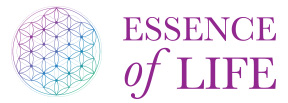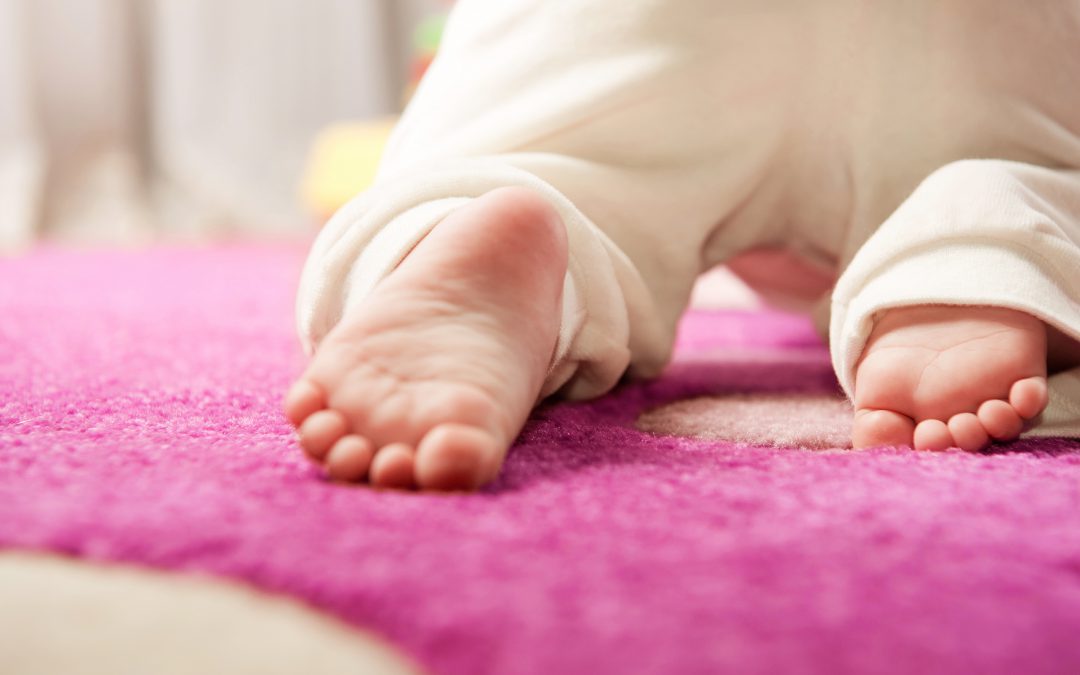As parents it can be easy to overlook our children in terms of key milestones. Often a delay or early attainment can be a signal that something might be a concern in your child’s healthy development. Keep these close at hand so you can keep a close on eye them
By the end of 1st month:
- Make jerky, quivering arm movements
- Bring hands near face
- Keep hands in tight fists
- Move head from side to side while lying on stomach
- Focus on objects 8-12 inches away
- Prefer human faces over other shapes
- Prefer black-and-white or high-contrast patterns
- Hear very well
- Recognize some sounds, including parents’ voice
By the end of 3rd month, most babies:
- Raise head and chest when lying on stomach
- Support upper body with arms when lying on stomach
- Stretch legs out and kick when lying on stomach or back
- Push down on legs when feet are placed on a firm surface
- Open and shut hands
- Bring hands to mouth
By the end of the 7th month, most babies:
- Roll over both ways (stomach to back and back to stomach)
- Sit up
- Reach for objects with hand
- Transfer objects from one hand to the other
- Support whole weight on legs when held upright
- Develop full-color vision and mature distance vision
- Use voice to express joy and displeasure
By their 1st birthday, most babies:
- Sit without assistance
- Get in hands-and-knees position
- Pull self up to stand
- Walk holding on to furniture, and possibly a few steps without support
- Use pincer grasp (thumb and forefinger)
- Say “dad” and “mama”
- Use exclamations, such as “uh-oh”
- Try to imitate words
- Respond to “no” and simple verbal requests
- Grab and shake hand toys
- Follow moving objects with eyes
- Watch face closely
- Recognize familiar objects and people at distance
- Start using hands and eyes in coordination
- Begin to babble and to imitate some sounds
- Smile at the sound of parents’ voices
- Enjoy playing with other people
- May cry when playing stops
- Respond to own name
- Babble chains of consonants (ba-ba-ba-ba)
- Distinguish emotions by tone of voice
- Explore objects with hands and mouth
- Struggle to get objects that are out of reach
- Enjoy playing peek-a-boo
- Show an interest in mirror images
- Crawl
- Use simple gestures, such as shaking head “no” and waving bye-bye
- Explore objects in many ways (shaking, banging, throwing, dropping)
- Begin to use objects correctly (drinking from cup, brushing hair)
- Find hidden objects easily
- Look at correct picture when an image is named
By their 2nd birthday, most children:
- Walk alone
- Pull toys behind them while walking
- Carry large toys or several toys while walking
- Begin to run
- Kick a ball
- Climb on and off furniture without help
- Walk up and down stairs while holding on to support
- Scribble with crayon
- Build tower of four blocks or more
- Recognize names of familiar people, objects, and body parts




